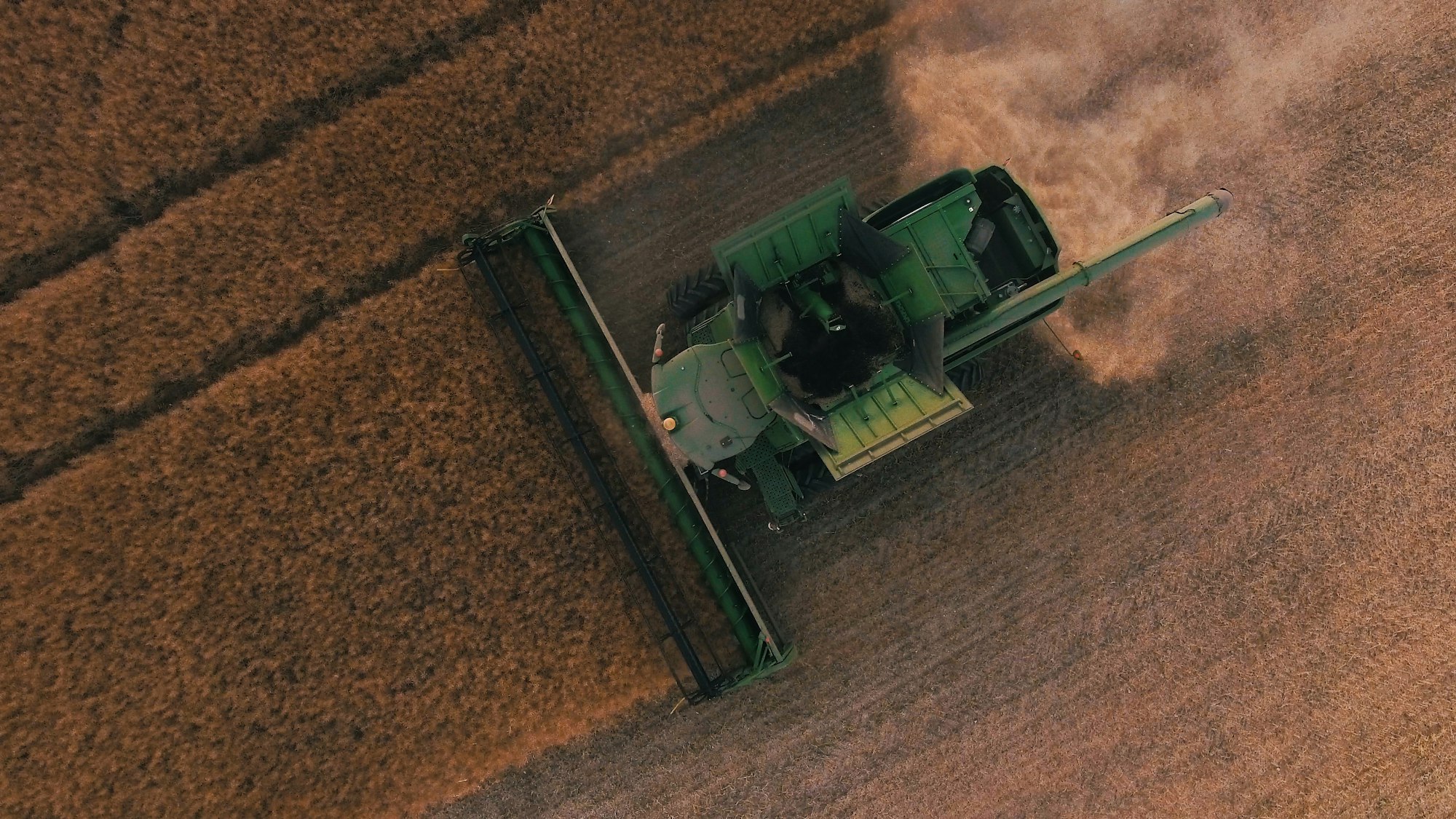Green Priorities Clash With Everything Else
Facing mounting pressures, the European Union is currently reassessing its ambitious strategy to significantly reduce greenhouse gas emissions. This reassessment comes amid a backdrop of considerable pushback from agricultural sectors, alongside growing calls for enhanced military expenditure to address security concerns related to Russia's actions.
- In recent years, the EU has introduced a comprehensive suite of regulatory measures, tax reforms, and investment initiatives, positioning itself as a leader in the global effort to tackle climate change.
- However, the implementation of these climate-focused policies is now encountering substantial resistance. This opposition is not only from the farming community but also from various business entities and political figures, who argue that the climate policies are misaligned with more immediate challenges facing the continent.
Defence, Energy And The Economy
Amidst ongoing tensions due to the prolonged conflict in Ukraine and the potential return of Donald Trump to the U.S. presidency—a scenario raising concerns due to Trump's previously favorable stance towards Russian President Vladimir Putin and his propositions for a swift peace agreement—European leadership is engaged in a critical dialogue on bolstering defense and security measures. The uncertain future of the North Atlantic Treaty Organization (NATO) is adding to the anxiety, emphasizing the need for strategic responses to these geopolitical shifts.
- Compounded by the war's contribution to surging energy costs, Europe has witnessed significant farmer-led protests. These demonstrations, characterized by convoys of tractors obstructing city traffic, have highlighted the agricultural sector's dissatisfaction, particularly with the proposed cuts to diesel-fuel subsidies, prompting governments in Berlin and Paris to defer these reductions.
- Arnaud Rousseau, leading France’s primary agricultural union, has voiced a clear message: the necessity for Europe to maintain its stance on food sovereignty cannot be overstated.
Green Funds For Guns
The European Commission is currently facing objections from member states regarding a proposed €10 billion fund dedicated to strategic technologies aimed at reducing greenhouse gas emissions, with suggestions to limit this funding to €1.5 billion and redirect its focus towards defense capabilities.
- While the European Parliament has advocated for increasing this funding to €13 billion and incorporating climate-related initiatives, the debate reflects a broader political shift.
- Concerns over trade, immigration, and the strengthening of far-right political factions are influencing national policy directions, even as billions are directed towards Ukraine in an effort to counter Russian influence.
- French President Emmanuel Macron has previously urged for a regulatory hiatus, cautioning that excessive climate-related regulations could divert investments towards China and the U.S., especially in light of the American Inflation Reduction Act's clean energy incentives.
Macron's call for a robust European industrial policy, emphasizing increased military expenditures and the fortification of the continent's defense capabilities, underscores the complex interplay between environmental and security priorities.
A Tricky Problem
Despite these challenges, the EU has continued to advance its environmental agenda, notably through its €800 billion pandemic-recovery fund, which mandates a significant portion of expenditures on green initiatives. Recent measures include a pioneering plan to impose taxes on certain imports based on their carbon footprint and a forthcoming ban on the sale of new diesel and gasoline vehicles by 2035.
- However, ongoing farmer protests have necessitated adjustments to the EU's environmental policies, including the withdrawal of a contentious pesticide regulation and modifications to land use requirements for agricultural subsidies, aimed at enhancing biodiversity and soil health.
- These modifications, however, have not fully appeased the agricultural sector, as demonstrated by recent protests in Brussels and adjustments to fuel subsidy policies in Germany and France.
These developments reflect the broader societal and economic pressures confronting the EU as it navigates the complex terrain of environmental sustainability, food sovereignty, and security in an increasingly volatile global context.
Disclaimer
Please note that Benchmark does not produce investment advice in any form. Our articles are not research reports and are not intended to serve as the basis for any investment decision. All investments involve risk and the past performance of a security or financial product does not guarantee future returns. Investors have to conduct their own research before conducting any transaction. There is always the risk of losing parts or all of your money when you invest in securities or other financial products.
Credits
Photo by Tomas Hertogh / Unsplash.






